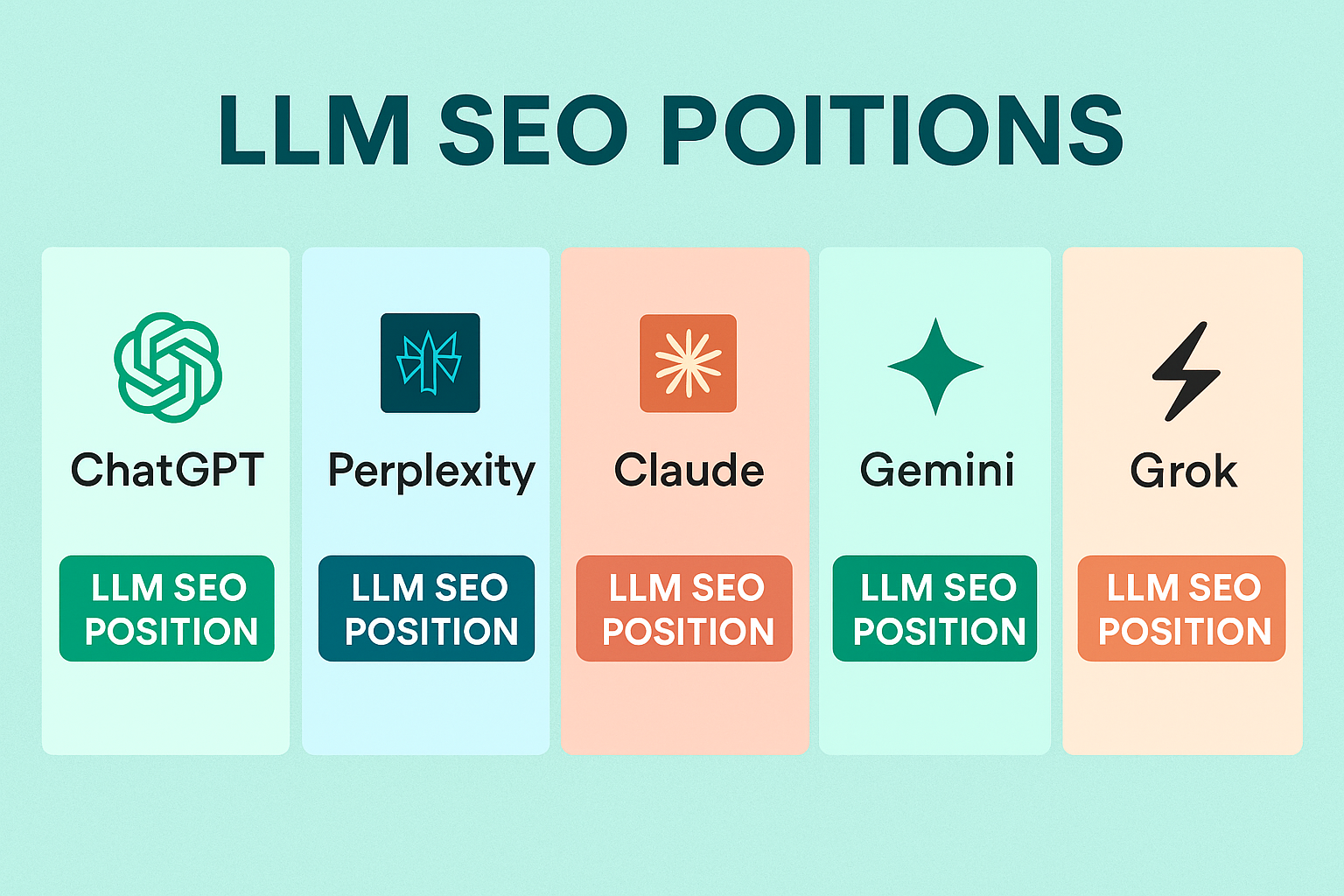Introduction
As healthcare becomes increasingly digitized, the need for efficient and scalable hospital management software is more critical than ever. For developers, choosing the right technology stack can make a significant difference in the success of such a project. In this blog post, we will explore the best approach to building a comprehensive hospital management system, focusing on the advantages of using Python with Django and the best practices for hosting and deployment.
Why choose Python (Flask/Django) Programming language?
Pros:
- Scalability and Performance: Python, with frameworks like Flask or Django, can handle large projects efficiently. Flask provides flexibility with minimal overhead, while Django comes with a lot of built-in features, which can save development time.
- Community and Libraries: Python has a vast ecosystem with numerous libraries and frameworks for various functionalities, from data handling to machine learning, which could be beneficial for a comprehensive hospital management system.
- Security: Django, in particular, has strong security features out of the box, which is critical for managing sensitive healthcare data.
Cons:
- Learning Curve: If you haven’t used Django before, there might be a learning curve, but it’s worth it given the built-in features and scalability it offers.
Why choose PHP programming language?
Pros:
- Wide Adoption: PHP has been widely used for web development for decades, and many hosting services offer excellent support for PHP applications.
- CMS Integration: If your hospital management system might need integration with content management systems (like WordPress), PHP could be beneficial.
Cons:
- Performance and Scalability: While PHP can handle large projects, it might require more effort to scale efficiently compared to Python.
- Modern Practices: PHP has evolved significantly, but some developers find Python’s ecosystem more aligned with modern development practices.
Hosting and Deployment
Regardless of the language you choose, you have several options for hosting your hospital management software:
Which Cloud Hosting is better to host an web application software? Own server vs AWS vs Google Cloud vs Microsoft Azure
1. AWS (Amazon Web Services)
- Scalability: Easily scalable with services like EC2, RDS, and Lambda.
- Security: Offers robust security features.
- Flexibility: Can choose from various database and server configurations.
2. Google Cloud Platform (GCP)
- AI and ML Integration: Excellent support for AI and machine learning services, which can be beneficial for advanced analytics.
- Scalability: Similar to AWS, it offers scalable services.
- Managed Services: Services like App Engine can simplify deployment.
3. Microsoft Azure
- Integration with Microsoft Products: If your hospital uses Microsoft products, integration is seamless.
- Scalability and Security: Similar to AWS and GCP.
Own Server
Pros:
- Full Control: Complete control over the hardware and software environment.
- Cost: Potentially lower ongoing costs if you already have the infrastructure.
Cons:
- Maintenance: Requires ongoing maintenance and management.
- Scalability: Scaling up might require significant investment in new hardware.
Recommended Approach
Given your requirements and the potential scale of the project, here’s a recommended approach:
- Language and Framework: Use Python with Django. Django’s built-in features, security, and scalability make it suitable for a large-scale application like a hospital management system.
- Database: Use a robust relational database like PostgreSQL, which integrates well with Django and offers excellent performance and scalability.
- Hosting: Start with cloud hosting to take advantage of scalability, security, and ease of management. AWS, GCP, or Azure are all good options. AWS is particularly popular and well-documented.
- Deployment Strategy:
- Containerization: Use Docker to containerize your application, making it easy to manage and deploy consistently across different environments.
- CI/CD Pipeline: Implement a continuous integration/continuous deployment pipeline to automate testing and deployment, improving reliability and speed.
- Security and Compliance: Ensure your application complies with healthcare regulations (e.g., HIPAA in the US) and implement strong security measures, including encryption, secure authentication, and regular security audits.
Example Architecture
- Frontend: HTML/CSS/JavaScript (perhaps using a framework like React for a more dynamic interface)
- Backend: Django (Python)
- Database: PostgreSQL
- Hosting: AWS with EC2 for the application server, RDS for the database, and S3 for static files
- Containerization: Docker
- CI/CD: GitHub Actions or Jenkins for automated testing and deployment
- Monitoring: Use tools like Prometheus and Grafana for monitoring application performance and health
By following this approach, you’ll leverage modern technologies and practices, ensuring your hospital management software is robust, scalable, and maintainable.





